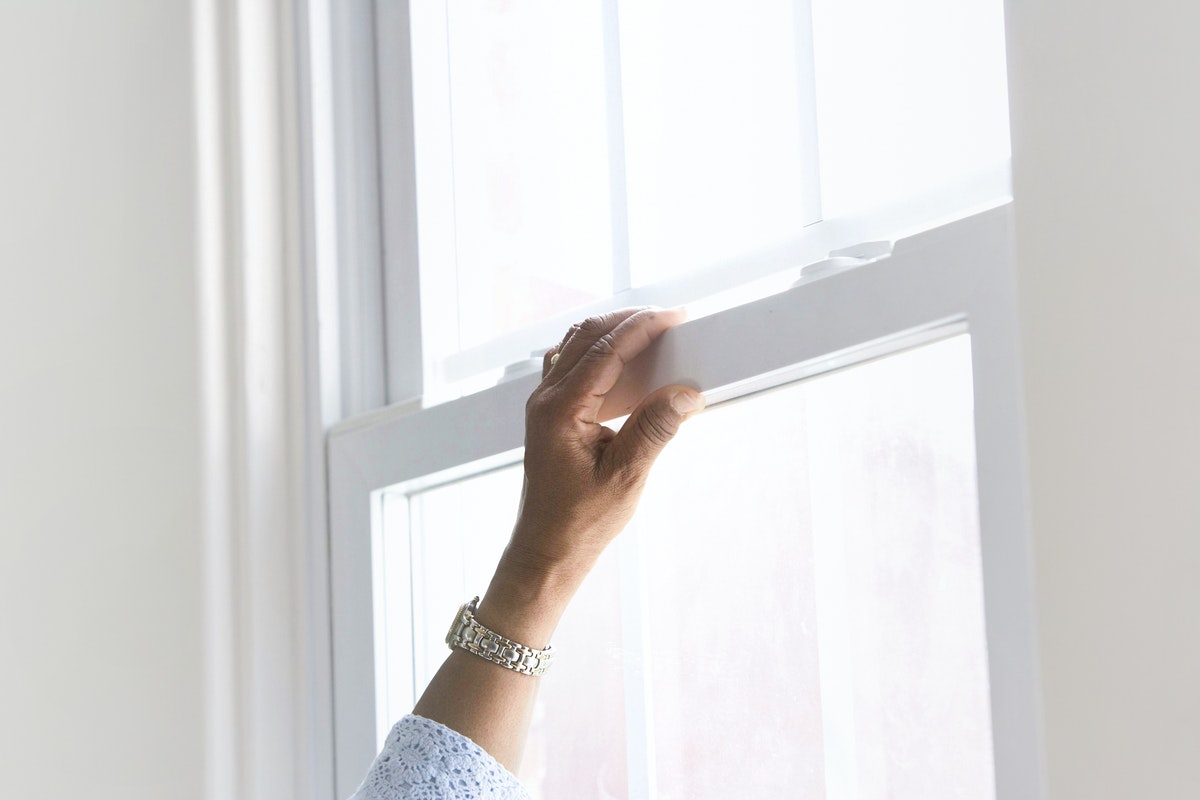Medical experts are clear that practising social distancing and wearing a face covering can be incredibly effective in slowing the spread of coronavirus (COVID-19).
But because the virus can be transmitted through airborne particles, indoor work spaces remain a relatively risky environment. So, what’s the solution?
Well, according to German Chancellor Angela Merkel, ventilation can help to curb COVID-19 with little effort and cost, and ventilating rooms has now been added to Germany’s official guidance for tackling COVID-19.
The habitual opening of windows twice a day, even in winter, has been something of a national obsession among hardy Germans for years. Indeed, rental agreements often make this a requirement through a legally-binding clause, mainly to protect against mould and bad smells.
While some dismiss the guidance as primitive, Angela Merkel insists “lüften” (airing a room) “may be one of the cheapest and most effective ways” of containing the spread of the virus. German government health and safety guidelines have been updated to reflect the importance of opening windows. A couple of letters have been added to their COVID-19 public health acronym “AHA”, which stands for:
- Maintaining adequate distance from others.
- Practising regular hand hygiene.
- Appropriate wearing of face masks.
The added to acronym now reads “AHA-CL” to represent the nation’s contact tracing app and lüften, the German word to remind citizens to circulate fresh air into buildings twice a day. German government recommendations state that “regular impact ventilation in all private and public rooms can considerably reduce the danger of infection”.

Sounds chilly...
Regular impact ventilation or “stosslüften” involves widely opening a window in the morning and evening for at least five minutes to allow circulation of air. Stouter Germans swear by “querlüften” – a more efficient cross-ventilation practice that involves opening all windows in a building to let stale air flow out and fresh air come in.
German windows are typically designed with hinges that allow opening in various directions to enable varying degrees of lüften. With science’s finding that most people become infected with COVID-19 when indoors, lüften has come into its own and German experts insist it will become even more important this winter.
Germany’s leading coronavirus clinician, Christian Drosten, head virologist at the Charité hospital in Berlin, dedicated a pandemic podcast to the importance of luftverdünnung and luftbewegung – air rarefaction and movement. He extolled the virtue of frequent airing. Additionally, newspaper Die Zeit has published a 10-page feature on ventilation, including the science behind it and how to do it in winter. Even without COVID-19, Martin Kriegel, engineer and air current analyst at Berlin’s Technical University, told Die Zeit “there is clear evidence that air quality in offices correlates with the number of days workers are off sick”. Accordingly, German experts stress the importance of airing a room every 15 to 20 minutes – for five minutes in spring and autumn, and three minutes in winter.
Airing of rooms may help explain the discrepancy between the impact of COVID-19 in Germany and the UK. According to Germany’s public health institution, the Robert Koch Institute, the country has over 289,000 confirmed coronavirus cases and more than 9,400 people have died out of a population of 83 million. By comparison, UK government data record over 617,000 cases and 42,000 deaths linked to the disease out of a population of 67 million.
While the “lüften” custom is well-established in Germany, it’s also often a cause of tension as, unsurprisingly, some object to the opening of a window in cold weather. As such, in addition to understanding the specific duties placed upon them under health and safety law, UK employers will need to give proper thought to workplace ventilation in order to prevent uncomfortable working temperatures and thermostat wars.
Free Guide: Heating Your Workplace During Autumn/Winter
We are now firmly in Autumn, and as Winter approaches and the weather becomes colder, a common question that our Health & Safety Team are being asked is “can we turn our heating on?”






